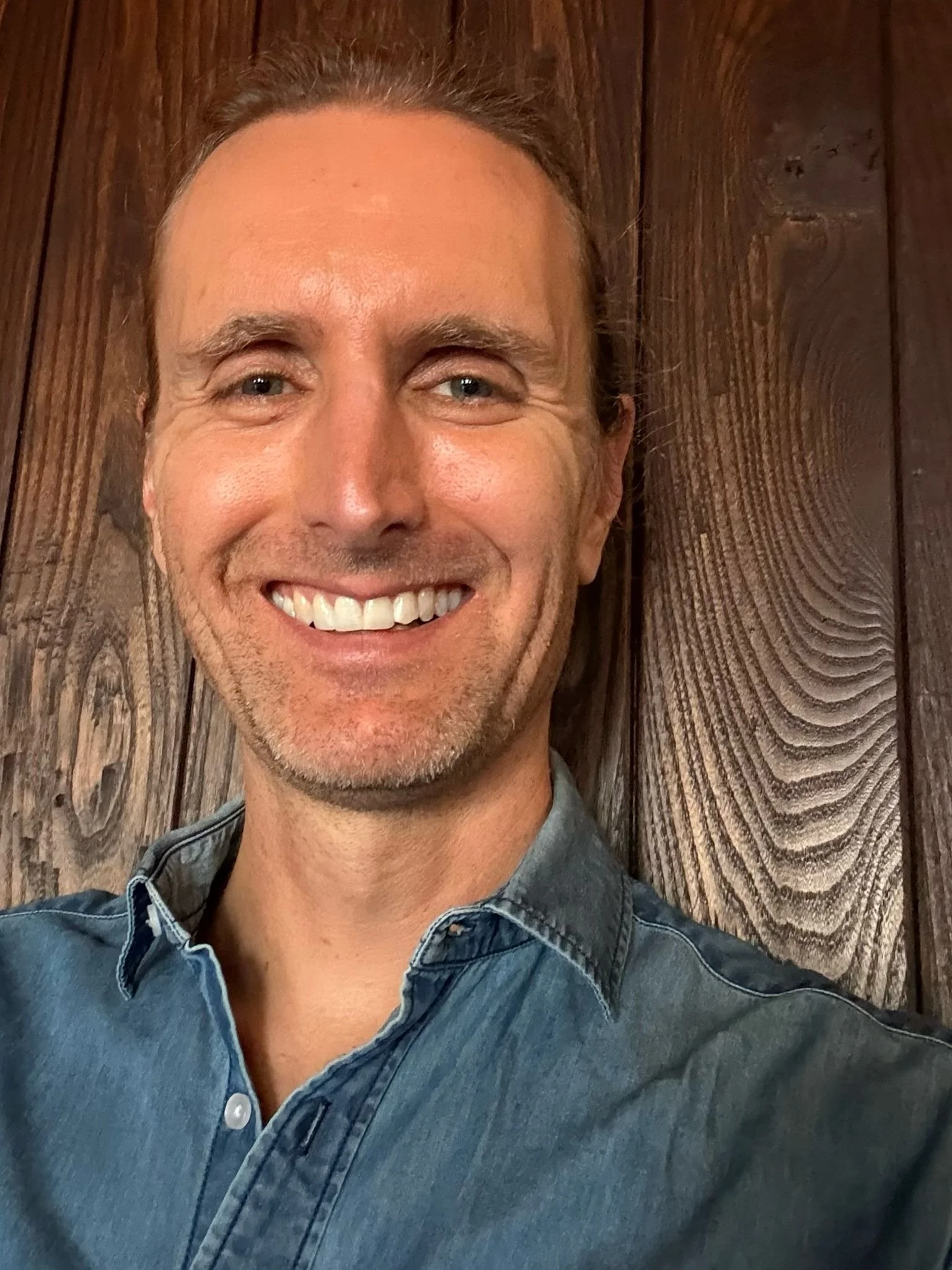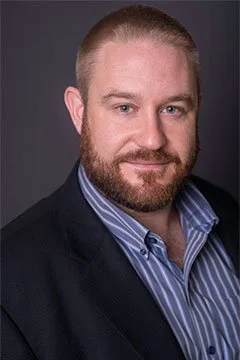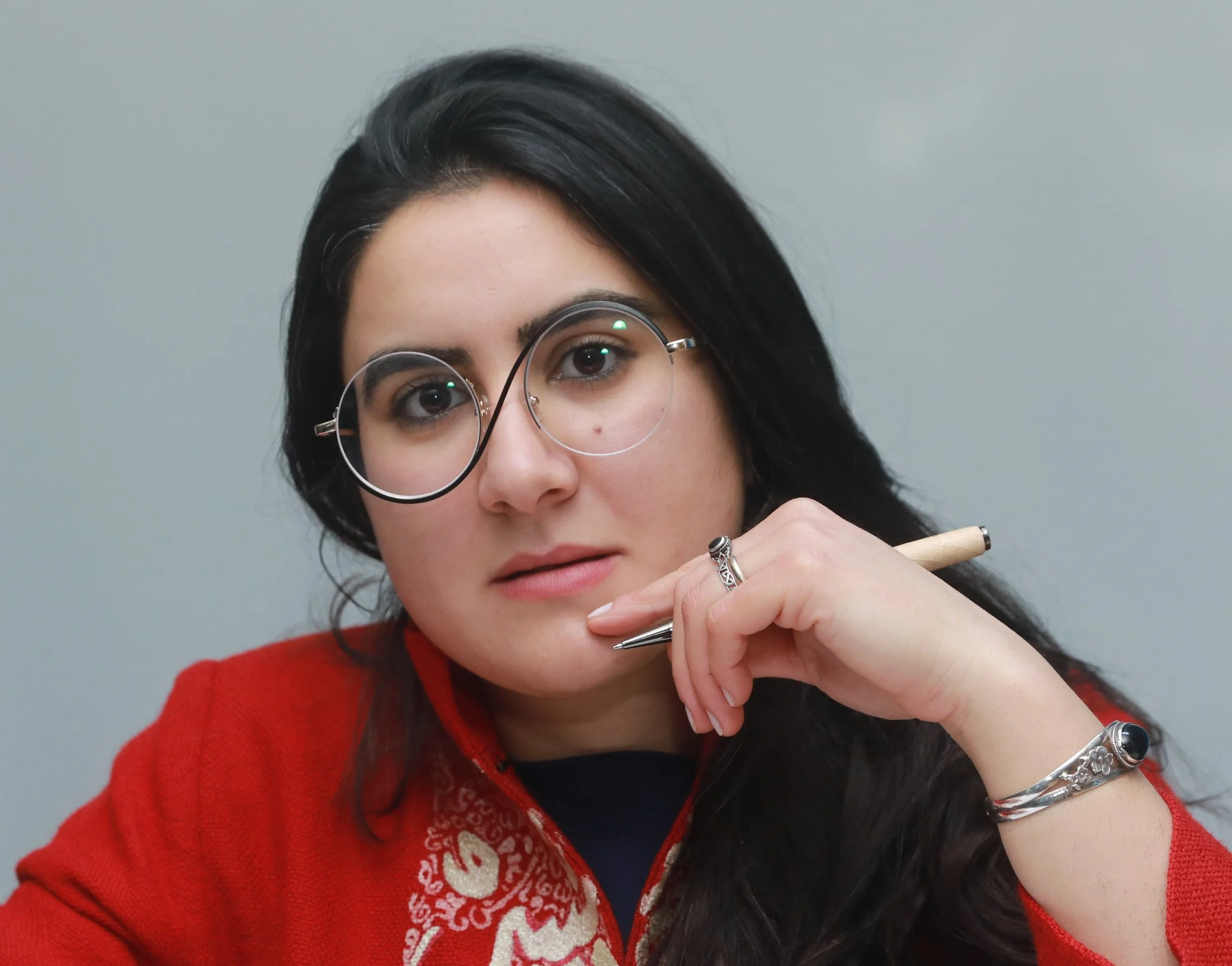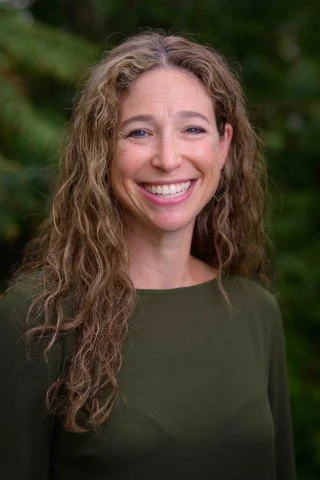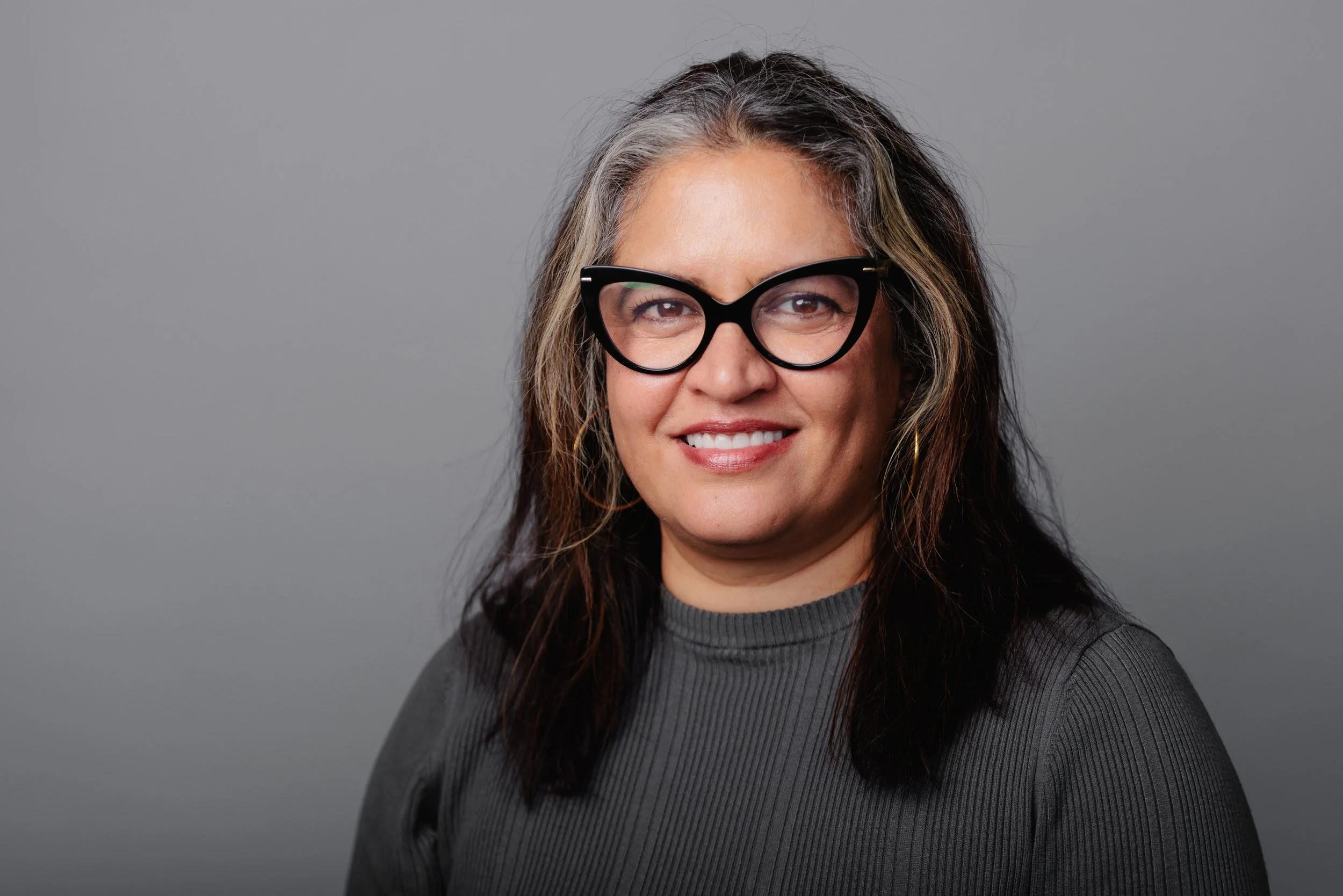Who we are
At the heart of the ICSDP Global Secretariat is a dedicated and dynamic leadership team committed to delivering on the mission of transforming global sustainability efforts. Our governance structure is designed to ensure that the Commission remains independent, transparent, and driven by diverse expertise. Together, our team combines intellectual rigor, strategic vision, and global networks to shape an ambitious and effective global sustainability agenda.
The ICSDP Global Secretariat is led by the following distinguished individuals:
Adam Sneyd | Political Science Professor | Chair of the ICSDP Board
Thierry Zomahoun | President and CEO
Jason Dudek | Chief Financial Officer
Samar S. Mezghanni | Senior Director, Strategic Partnerships
-
Adam Sneyd is an Associate Professor Political Science at the University of Guelph and the Founder and Chair of the ICSDP. Adam has conducted research on trade and the prospects for sustainable development in Tanzania, Senegal, and Cameroon. Back when times were normal, the Director-General of the World Trade Organization invited him to moderate a high-level plenary of trade ministers and heads of international organizations on US trade policy in Africa. Adam is the author of Hidden Politics in the UN Sustainable Development Goals (Fernwood Publishing, 2024), Politics Rules: Power, Globalization and Development (Fernwood Publishing, 2019 - Critical Development Studies Series), Cotton (Polity Press, 2016 - Resources Series), and Governing Cotton: Globalization and Poverty in Africa (Palgrave MacMillan, 2011 - International Political Economy Series). He was also the Principal Investigator on the SSHRC Insight Grant project that produced the co-authored book Commodity Politics: Contesting Responsibility in Cameroon (McGill-Queen's University Press, 2022).
-
Thierry Zomahoun is the ICSDP President and CEO. With three decades of trailblazing leadership across international development, science, technology, and consulting, Thierry is a visionary leader who spearheaded transformative initiatives across four continents. A seasoned CEO, President, and Managing Partner, He successfully led international organizations and complex operations, managing high-performing teams at the senior executive and academic levels. As a Managing Partner of Stratech Group, Thierry drives strategic business intelligence, economic development, sustainability solutions, leveraging cutting-edge GIS, AI, and data science to empower companies, governments, and not-for-profit organizations. His expertise in high-stakes negotiations, business development, and strategy has positioned him as an elite architect of sustainable growth and impact. A grand strategist, he has secured millions in investment, cultivated landmark partnerships, and worked alongside industry leaders, state leadership, and major geopolitical actors to propel innovative educational transformation and technological innovation for socio-economic progress. A trusted geopolitical advisor, Thierry served as a member of the UK Trade & Investment (UKTI) for Africa, a Task Force specialized in strengthening economic ties and driving UK investment across the continent. Passionate about the advancement of innovative science and technology education, Thierry founded the Gamma Institute of Technology (GIT)—an international polytechnic and management school designed to pioneer advanced training in smart systems, technology innovations and management. He also founded the Next Einstein Forum (NEF), the first-ever global science and innovation forum held in Africa, uniting 1,100+ participants from 100+ countries to foster a dynamic ecosystem of scientists, policymakers, and industry pioneers. For nearly a decade, Thierry spearheaded the transformative growth of the African Institute for Mathematical Sciences (AIMS-NEI), developing a single country academic initiative into a reputable international scientific higher education institution. Recognized among the Top 100 Most Influential Africans, Thierry remains steadfast in his mission to reshape industries, build resilient institutions, and drive global excellence at the intersection of technology, policy, and economic transformation.
-
Jason Anthony Dudek is the ICSDP Chief Financial Officer. Jason has been serving as Chief Executive Officer of Sky Canoe Inc., a company developing sustainable drone technology through an alliance of Mississauga Nations. A successful entrepreneur and impact investment thought leader, Jason has brought award-wining businesses from inception to scale in Canada, the UK, West Africa and the Middle East. He has also advised large governmental and private sector organizations about the intersection between metrics, impact and the private sector. Jason previously chaired one of Canada's most respected philanthropic Foundations, and has sat on a number of committees and boards including the Canada Forum for Impact Investment and Development, CIIC, and others. He holds an MSc from the London School of Economics (UK), and believes business is at its best when solving urgent human and environmental problems. Jason is deeply inspired by Indigenous approaches to reciprocity, knowledge and technology.
-
Samar Samir Mezghanni is the ICSDP Senior Director for Strategic Partnerships and Outreach Programs. A Canadian/Tunisian/ Iraqi writer and international speaker, Samar holds two records in Guinness Book for World Records as the youngest writer in the world in 2000 and the most prolific writer in the world in 2002. She has written over a hundred stories and published 16 books. Her work earned her several awards and her stories were quoted by the Chair of the Nobel Prize in her speech at the Nobel Prize Ceremony in 2015. Samar is the first Tunisian to obtain a PhD from the University of Cambridge ever (in more than 800 years). She delivered keynote speeches about literature and sustainability in more than 30 countries across 5 continents including a Keynote speech at the United Nations (UN). The BBC nominated her as one of the 100 most inspiring women. The UN appointed her as a United Nations Young Leader for the Sustainable Development Goals. She was classified as one of the most influential Arab women in 2013 and one of the most important young leaders in the Arab region in 2012. Samar’s work and speeches focus on women leadership, sustainability and youth empowerment. She speaks four languages (Arabic, French, English and Spanish). She has worked with several Arab and international organizations including the Arab Thought Foundation, the UN, the IMF, the ILO and the British Council.
-
Dr. Lauren Sneyd serves as a lecturer and course developer in the areas of food studies, sustainability innovation, global development and research methods at the University of Guelph. Lauren is a team member and Research Scientist on a Global Affairs Canada funded project supporting gender responsive, nature-based solutions to climate change with the Forest Foundation Philippines. She was previously a visiting Assistant Professor (CL) with the Development Studies Program and the Coady International Institute at St. Francis Xavier University, and a SSHRC Postdoctoral Fellow at the Balsillie School of International Affairs. Lauren completed her doctorate in Geography and International Development Studies at the University of Guelph on food riots, wild foods and the food system in Cameroon
-
James Schneider is a political organizer, writer and communications director for the Progressive International. He co-founded the left-wing grassroots movement Momentum and was the UK Labour Party's press secretary. He is the author of Our Bloc: How We Win.
-
David is a public engagement specialist, activist and founder of SoChange, a social enterprise that works alongside the corporate and NGO community in leadership development, innovation and entrepreneurship. His podcast Face2Face is heard in 20 plus countries and has logged over several million listens. He holds a Master’s Degree in Philosophy, taught for nine years in the business school at Humber College in International Development and has provided consulting services for leadership, development and literacy projects around the world.
-
Mindi Schneider is the Director of Undergraduate Studies at the Institute at Brown for Environment and Society, and an Associate Teaching Professor in Environment and Society at Brown University. Mindi Schneider is a development sociologist with specialization in the political economy of development, environmental sociology and political ecology, and international agriculture and rural development. Mindi previously worked for nine years in the Netherlands. She was director of the Agrarian, Food and Environmental Studies program at the International Institute of Social Studies (ISS) in The Hague, and Assistant Professor of Agrarian Sociology and Rural Development at Wageningen University.
-
Sakari Saaritsa is Professor of Social History at the University of Helsinki working on topics related to development, poverty, welfare, gender and human capital. His research interests include the quantitative history of human development (particularly health, education and physiological capital), social inequality, intrahousehold resource allocation, historical indicators of well-being, relationships between economic and human development, dialogue between development policy, development economics and development history, as well as relevant approaches and sources, such as microeconometrics, historical demography, anthropometrics, household budgets, social network analysis and oral histories. Sakari has also worked in development in India, Tanzania, Syria, and Mozambique in different capacities, such as an intern, a UN official, and a consultant.
-
Gloria Novović is a Lecturer in Public Policy at School for Government, King's College London. She holds a PhD in Political Science and International Development (University of Guelph, Canada). Working at the intersections of feminist political economy, political ecology, and critical policy studies, Gloria focuses on global governance in times of shared planetary threats. Her work on the 2030 Agenda for Sustainable Development has informed scholarly and practitioner discussions, particularly in relation to gender equality targets, policy localisation, and development policy legitimacy. Gloria’s practitioner experience includes research and policy coordination roles at the United Nations' World Food Programme and Serbian civil society, as well as policy leadership in Canada's international cooperation sector.
-
Meredith Gore is Professor and Research Director in the Department of Geographical Sciences at the University of Maryland, College Park. She is an applied social scientist with expertise in community-based conservation, conservation criminology, team science and science diplomacy. She received her PhD from Cornell University, MA from The George Washington University, and BA from Brandeis University.
-
Dr. Philippe Lassou is an Associate Professor of Accounting at the University of Guelph, Canada. His research examines the interplay between accounting, governance and development in developing countries, with a particular focus on the government sector, decentralization and indigenous development issues. His theoretical and methodological perspectives are problem-centric and are associated with the wider political economy, institutional theory, neo-patrimonialism, the ‘two publics’ and North-South relations.
His expertise spans research, teaching and policy advisory roles particularly in Africa. Prior to joining the University of Guelph, he was lecturer at the University of Southampton and served as an associate external examiner for the University of London (LSE) in Hong Kong and Singapore. His industry background includes roles as a financial analyst and finance manager in the banking and retail sectors.
He has published on government accounting, public financial management and poverty reduction dynamics in top journals such as Accounting, Auditing & Accountability Journal; Financial Accountability and Management; Critical Perspectives on Accounting; Qualitative Research in Accounting & Management; Meditari Accounting Research; Journal of Accounting in Emerging Economies, etc. He also published a number of policy research papers for the World Bank, the African Professionalisation Initiative, and the GIZ. Philippe is associate editor of Critical Perspectives on Accounting, and Accounting Perspectives, and an Executive Board Member of the African Accounting and Finance Association (AAFA).
-
Robert Huish is an Associate Professor of International Development Studies at Dalhousie University in Halifax, Nova Scotia. Dr. Huish is the host of the Podcast "GDP" which is the Podcast on all issues related to International Development. Broadly, his research explores global health inequities, and the role of economic sanctions in shaping those inequities, as well as the role of social justice in resisting them. My current research looks at how donor nations are responding to the call for greater global health equity, and specifically how economic coercive measures (sanctions) impact the capacity of many countires in the Global South to work with each other to improve health for all.
-
Dr. Ruby Dagher is an International Development Professional, Researcher, Consultant, and an Assistant Professor (Replacement). Ruby’s work experience in international development and her research over the last decade have given her significant expertise in public policy, state capacity, evaluations, donor-recipient relationships, power dynamics, and economic development. She is the sole author of Building Locally Recognized State Legitimacy in Post-conflict Countries (2021) and co-author of The Role of Monitoring and Evaluation in the UN 2030 SDGs Agenda (2021). Ruby holds a Ph.D. in Public Policy and Administration from Carleton University, and her research interests are focused on foreign aid and donor programming, evaluation, post-conflict development, fragile states, post-conflict legitimacy, decentralization, the role of civil society in non-Western cultures, decolonization, the Middle East, and the Caribbean.
-
Ryan Briggs is an Associate Professor in the Guelph Institute of Development Studies and Department of Political Science, University of Guelph. His research primarily focuses on international development, political economy, and quantitative methods. His work has been published in top academic journals and explores topics related to aid effectiveness, evidence-based policy making, and methodological rigour in social science research. More information can be found at www.ryancbriggs.net
-
Ryan Katz-Rosene is Associate Professor at the University of Ottawa, where he serves as the Associate Director of the Institute of Environment. With an appointment at the School of Political Studies, and cross-appointment to the Department of Geography, Environment, and Geomatics, his research and teaching covers a range of topics relating to global warming, Environmental Political Economy, and Canada's efforts to mitigate climate change. At the university he helps coordinate the International Political Economy Network (IPEN), and co-hosts The Ecopolitics Podcast. Off campus he sits on the Executive Editorial Board of the journal Studies in Political Economy and (formerly) as President of the Environmental Studies Association of Canada. He also currently serves as the Co-President of Chelsea Forest School, and in all the remaining time helps out on his family's farm.
-
Naomi Hossain is the Global Research Professor of Development Studies at SOAS University of London. Her research focuses on the politics of development, and how people get the public services they need.
-
Haroon Akram-Lodhi is Professor Emeritus of Economics, Global Justice and Development at Trent University, Peterborough, Canada, a Fellow of the Stellenbosch Institute for Advanced Study, and a Professorial Research Associate in the Department of Economics at SOAS University of London, United Kingdom. He is a member of the Board of Directors of the International Association for Feminist Economics and was formerly a member of the Advisory Board for the Women's Rights Programme of the Open Society Foundations in New York City.
-
Morten Jerven is Professor in Development Studies at the Norwegian University of Life Sciences. He has a PhD in Economic History from the London School of Economics and has published widely on African economic development, particularly on patterns of economic growth and on economic development statistics. His books are based on research in Ghana, Nigeria, Uganda, Kenya, Tanzania, Malawi, Zambia and Botswana.
-
Ilias Alami is an Assistant Professor in Political Economy at the University of Cambridge. He is the author of Money Power and Financial Capital in Emerging Markets: Facing the Liquidity Tsunami (Routledge, 2019) and (with Adam Dixon) The Spectre of State Capitalism (Oxford University Press, 2024).
-
Daniel Mügge is Professor of Political Arithmetic at the political science department of the University of Amsterdam. Daniel's current research investigates the European governance of artificial intelligence (AI), and his previous work focused on the political economy of macroeconomic indicators.
-
Tanya Jakimow is a Professor of Anthropology in the College of Asia and the Pacific at the Australian National University. Her research examines gender equality and social inclusion in development and politics in India, Indonesia and Australia. She was formerly President of the Development Studies Association of Australia, and is a current member of the College of Experts, Australian Research Council.

